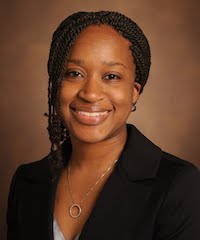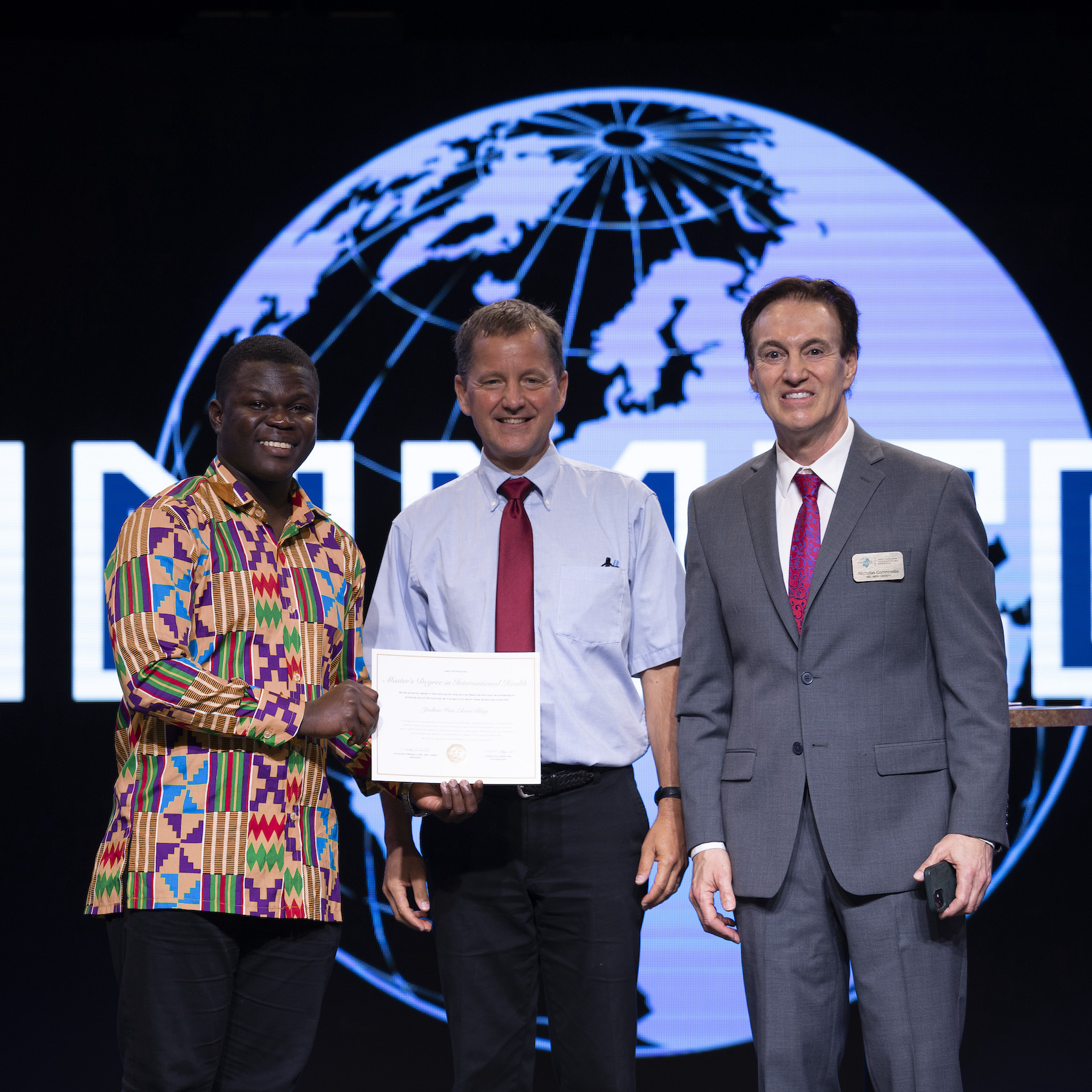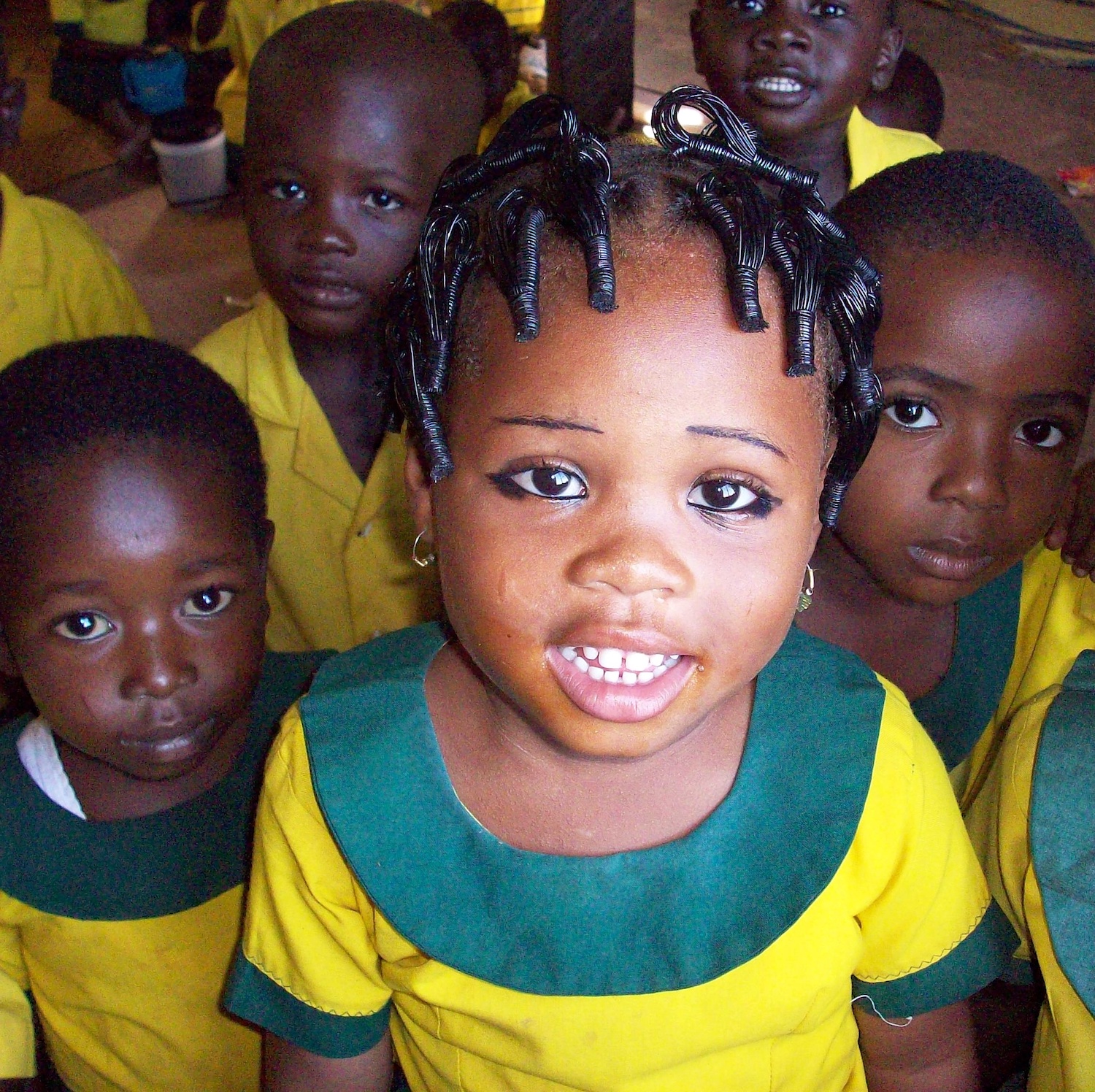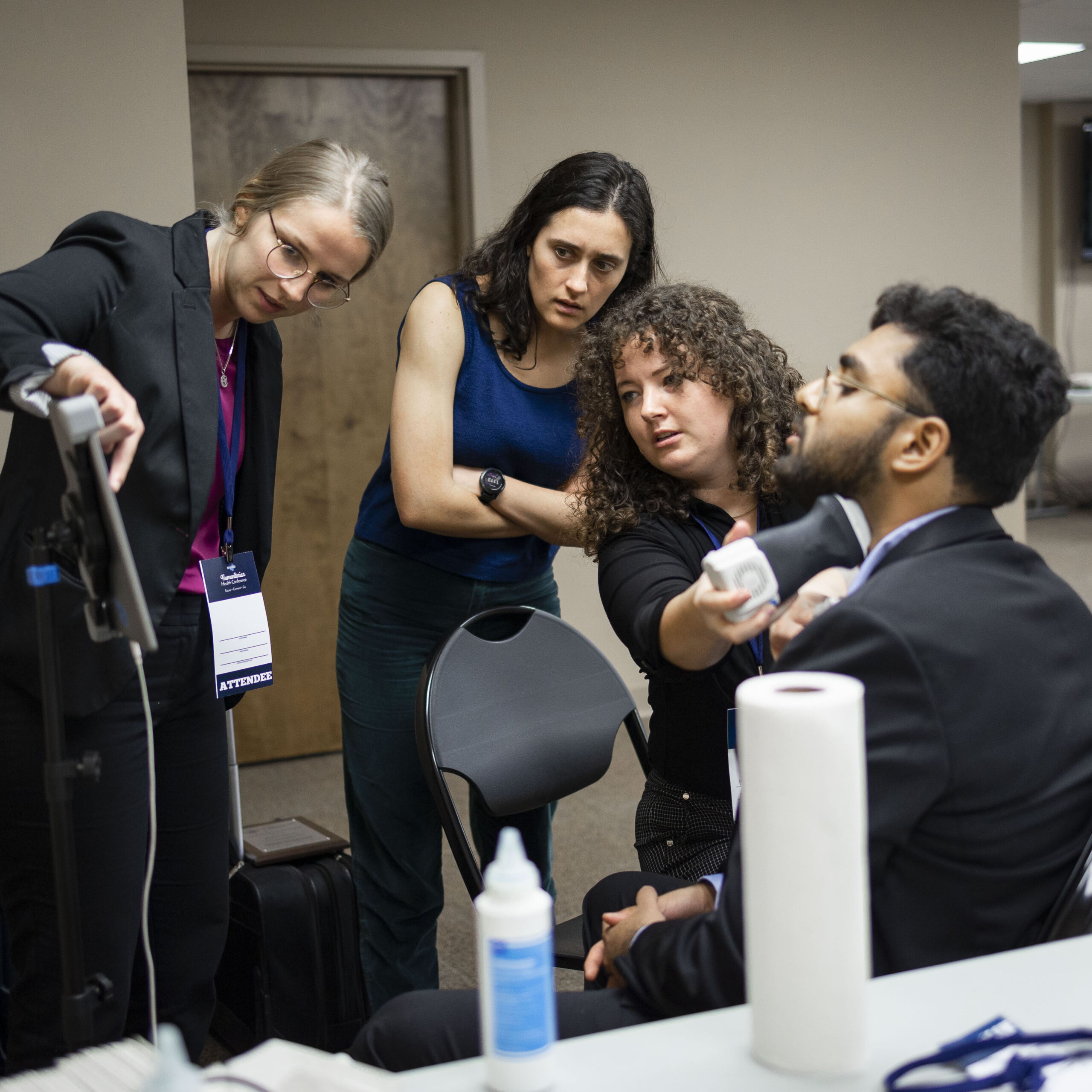Shormeh Yeboah
INMED Blog

Hello! My name is Shormeh Yeboah and I’m a family medicine physician practicing in Philadelphia, PA. I am completing my INMED international medicine service learning experience during the month of February 2017. This has been a long time coming! I have had an interest in global health and a desire to experience and learn about healthcare delivery in low resource settings for quite some time. But it was always just that – a desire, I never really knew quite how it would manifest – until I was introduced to INMED. I am originally from Ghana and I was thrilled when I learned that INMED has affiliations with 3 different sites in the country! For me, this is also a chance to live in and connect with the country of my birth. Excited!
- Ankaase Methodist Faith Healing Hospital
- Ghana
- Graduate Diploma in International Medicine & Public Health
Blog Posts
Community Outreach
Community outreach is an important function of the hospital here. Teams from the public health and psychiatry units travel out […]
Continue ReadingCulture and Identity
“You are Ghanaian?” “Your name is Yeboah and you can’t speak Twi?” It’s been interesting to see the conflicting emotions […]
Continue ReadingCatching up: Week 1 and 2
Hi all, I’ve had some difficulty posting on the blog so I’ve been documenting on Word. I’ll post everything here […]
Continue ReadingIntroducing Myself
Hello! My name is Shormeh Yeboah and I’m a family medicine physician practicing in Philadelphia, PA. I am completing my […]
Continue Reading


